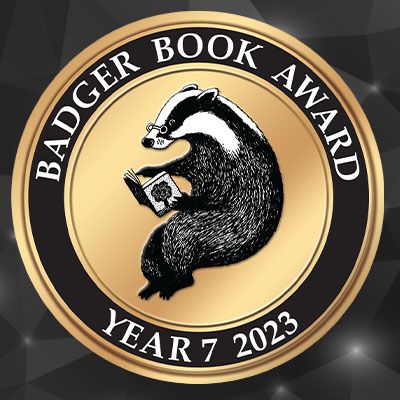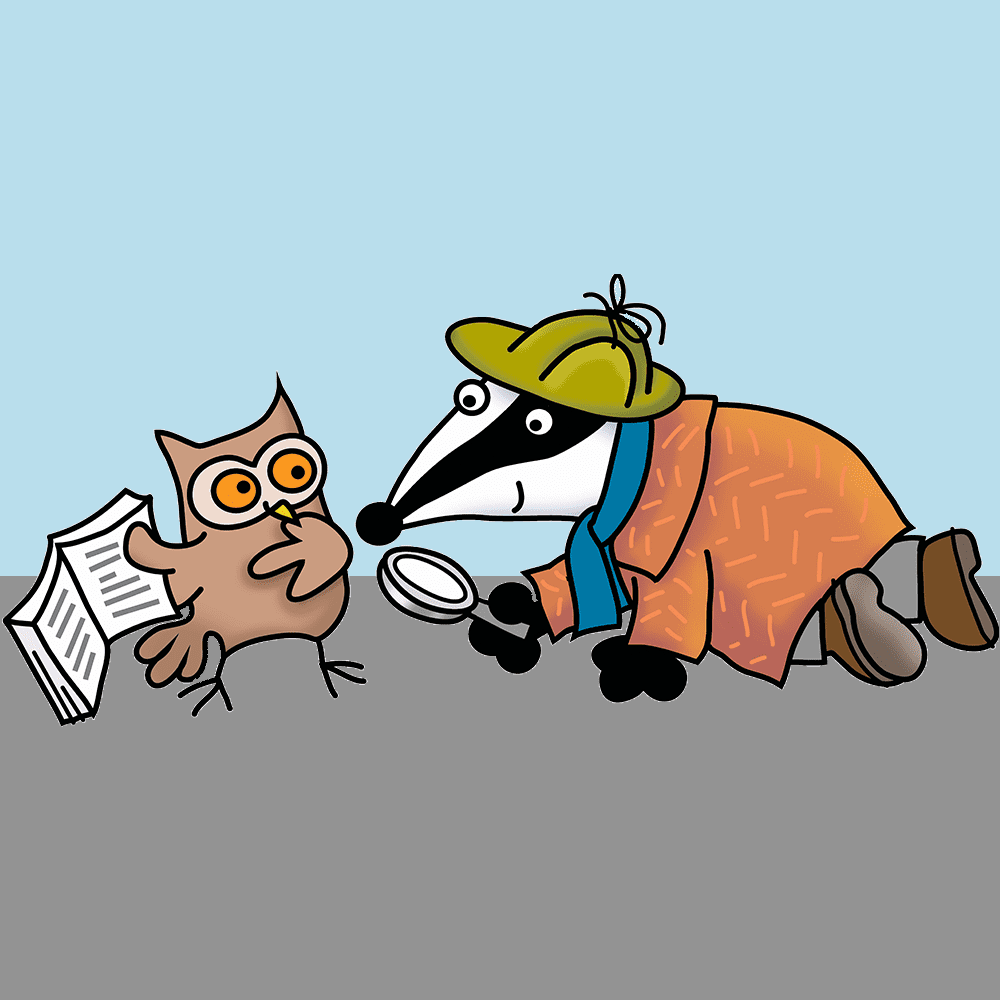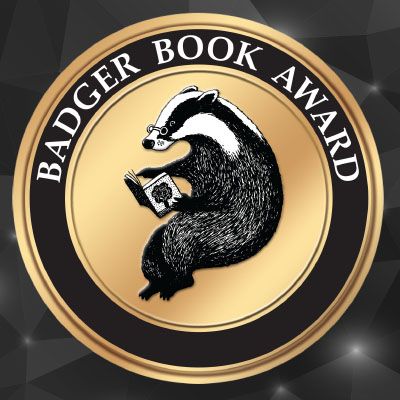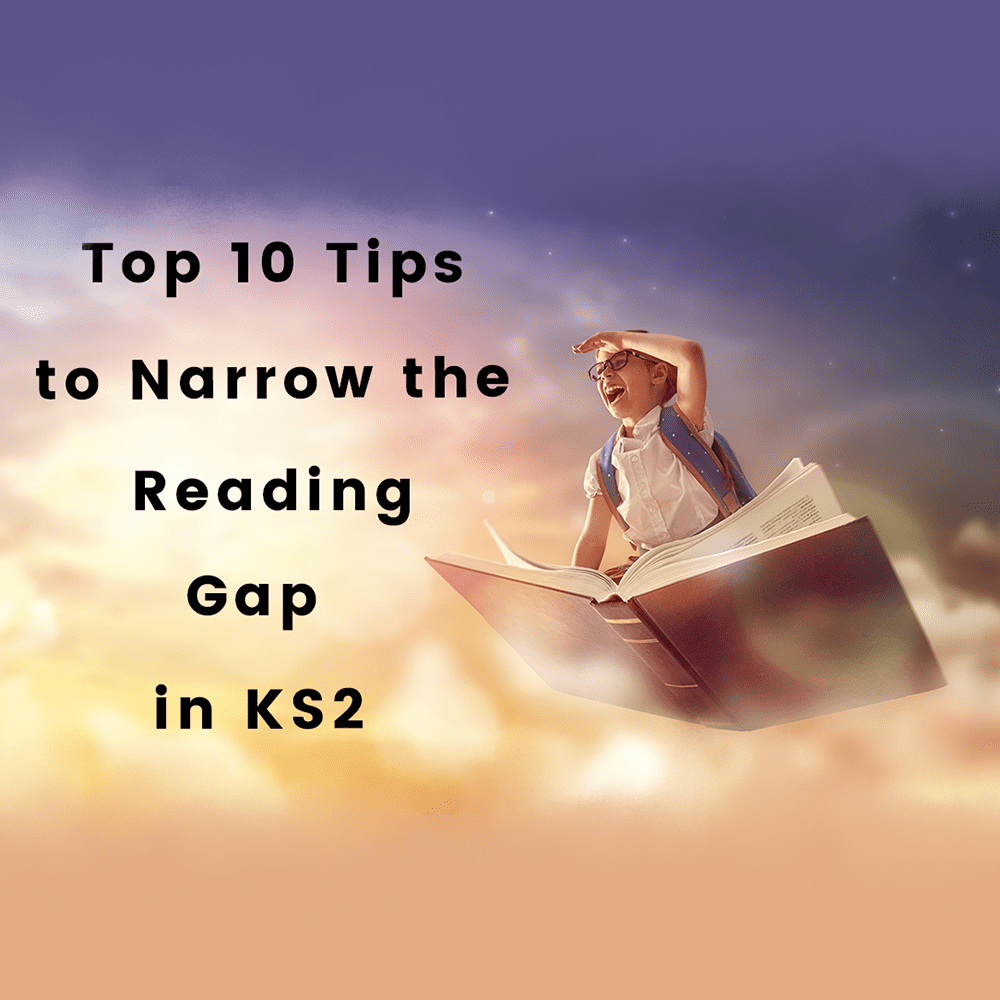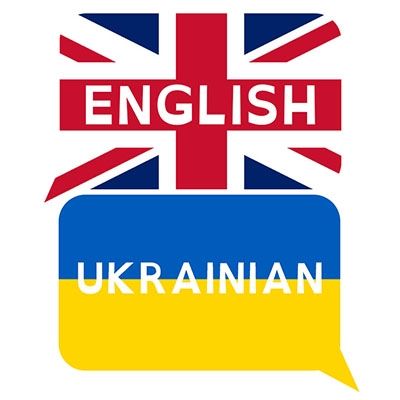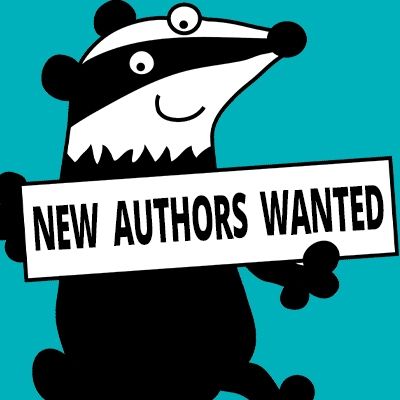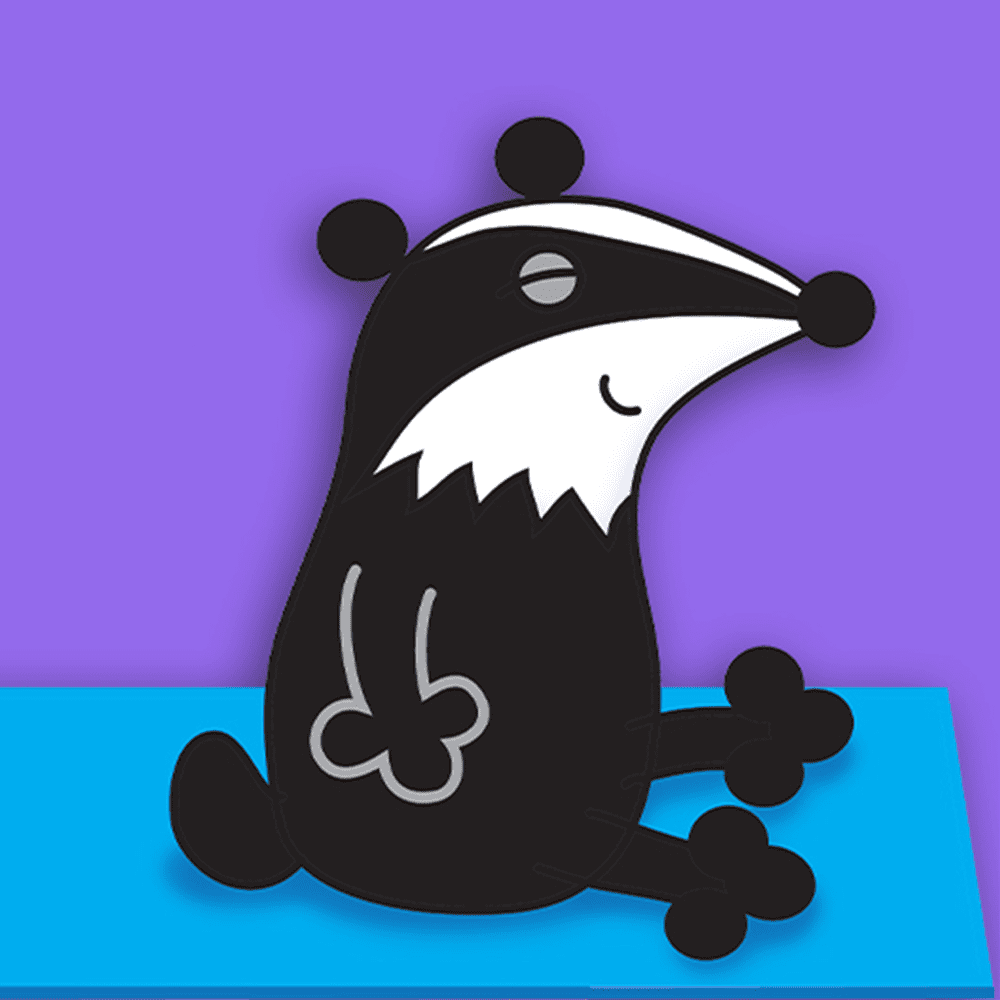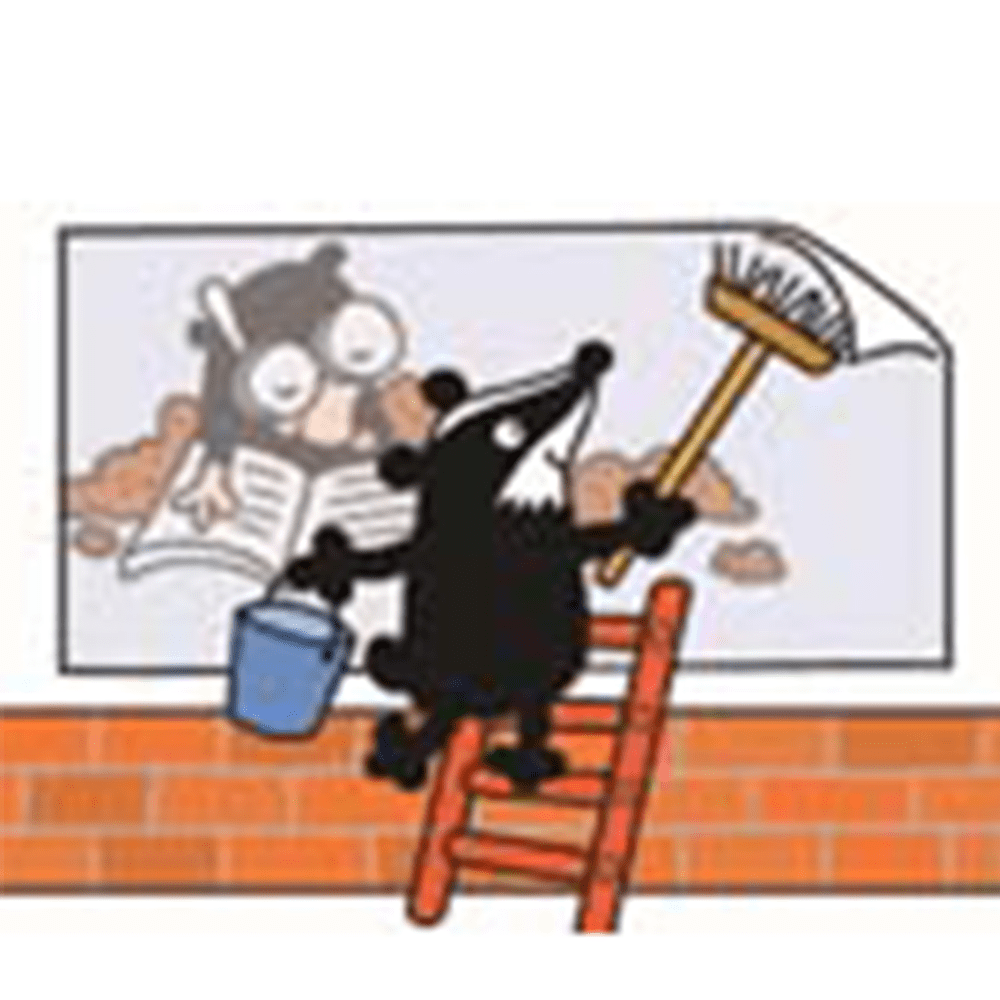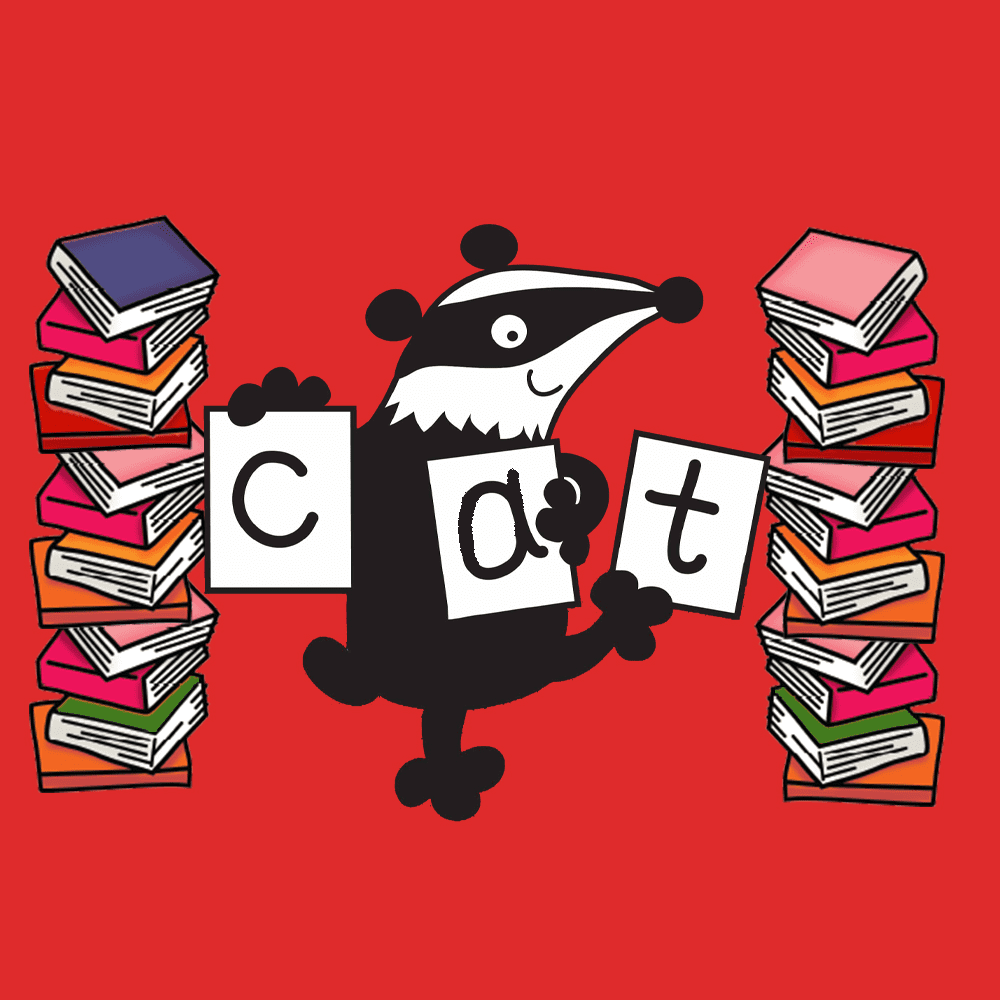Homepage
-
Posted on: Mar 09, 2023
Why is reading in Year 7 important?
Moving from primary school to secondary is a huge change for eleven-year-olds. It is also a pivotal moment in defining their reading habits. With the beginning of secondary school comes new distractions and motivating students to read can become challenging.
Fostering a love of reading has a huge impact on students’ progress and overall socio-economic success in life. The Reading Agency states that “children who read books often at age 10 and more than once a week at age 16 gain higher results in maths, vocabulary and spelling tests at age 16 than those who read less regularly.” Reading regularly also helps concentration levels, improves writing skills, and expands vocabulary.
But it’s not just about providing students with the crucial ability to read in order to aid fut
-
Posted on: Mar 06, 2023
After laying the foundations of reading with phonics, nothing captures the attention of a newly independent reader more than the lure of a great book. Making sure the very best books make it into your pupils’ hands will not only benefit them, it will also make your job of inspiring young readers and boosting progress in reading much easier.
Making informed choices about the books you use in English lessons and fill your library shelves with will also help you to answer questions that might come up in your next Ofsted deep dive. Whilst the DfE Reading Framework emphasises the importance of ensuring children are given high-quality texts, there is little guidance on what a high-quality text looks like or how the calibre of a text can be recognised and measured. Being able to identify quality literature will ensure children are exposed to the very best, most current fiction, including titles that reflect modern society and represent more diverse authors, rather than relying on a stagnant d
-
Posted on: Feb 02, 2023
The invasion of Ukraine commenced in February 2022, and regrettably, it appears that this conflict is far from reaching a resolution anytime soon. The UK has welcomed almost 200,000 Ukrainian nationals[1] so far and had offered school places to 20,500 children by the end of September 2022[2]. Many of these children arrived with limited English and teachers and support staff were understandably looking for appropriate resources to ease their transition into school.
Here, at Badger Learning, we decided to publish a range of six dual language English–Ukrainian eBook PDFs and a simple phrasebook in June 2022 and to offer these for free. We have been taken aback by the response from schools and families with over 13,000 copies downloaded so far from all over the world including in Ukraine. Many of you contacted us to request more resources so we conducted a survey to find out what would be most useful and had an unprecedented number of responses. Of these, 74% requested printed books as well as eBooks, 99% were interested in more fiction titles and 91% more non-fiction. Of the fiction themes, Humour, Action & Adventure were the most widely requested with recurring characters and fantasy elements as the most popular choices.<!
-
Posted on: Jan 18, 2023
This year we are excited to launch our very own Badger Book Awards, designed to encourage reading for pleasure and champion incredible books. We’ve shortlisted fifty titles from 2022, splitting them into the top 10 titles for Years 7 to 11.
Each vote submitted gives you a chance to win £500 worth of books for your secondary school! The author of each winning category will also be given £500 worth of books to donate to a UK school of their choice.
VOTING ENDS SOON! 3Oth June 2023
-
Posted on: Sep 29, 2022
“Over the last two decades, there has been a deepening recognition of the fundamental importance of improving reading standards on a child’s future academic achievement, wellbeing and success in life.” (The Reading Framework DfE, 2022)
Recent government guidance highlights the importance of children ‘keeping-up’ with reading progression, rather than having to ‘catch-up’. Schools must follow a Systematic Synthetic Phonics Programme (SSP) to ensure robust plans are in place to help children quickly master the foundations of phonics and then build upon these basic mechanics of reading towards fluency.
“Yet despite our best efforts, too many children fall behind in literacy…and the gap in literacy attainment grows substantially during Key Stage 2.”
(Improving Literacy in Key Stage 2 EEF, November 2021)
In fact, in 2019 (the
-
Posted on: Jun 01, 2022
As families across the UK welcome Ukrainian refugees into their homes in response to the unfolding humanitarian crisis, primary and secondary schools are now enrolling pupils from Ukraine into all year groups. Teachers will be looking for appropriate dual language books and resources to support children in learning English and integrating into school life in the UK.
We at Badger Learning have been thinking about what we can do to support children arriving from Ukraine and have decided to translate and publish a range of six dual language English–Ukrainian eBook PDFs for schools and families. We have consulted with our authors and commissioned professional translators to work on these books so we can offer them to schools and families to download free of charge. These are suitable for children in KS2 and KS3 (ages 8–14) and are ideal learning resources to support children in building fluency in reading in English.
-
Would you like to write a story for our next series? We are currently open to submissions for our upcoming series WOW! Fiction. Titles in this new series will be thematically matched to titles in our best-selling non-fiction series WOW! Facts.
These will be low-level books for reluctant and struggling readers, with a reading age of 6–6.5 years (book bands turquoise, purple, gold), an interest age of 7–14 years and a word count between 800–1400. All books will be edited and levelled by a literacy consultant, so even if you don’t have experience in writing for a specific reading age you can still submit!
No previous book deal is necessary but an engaging voice, relatable content and an excellent standard of written English is essential. Knowledge of children's literature is also key as you need to know good stories to write good stories!
If you are interested in writing any of these titles, we are inviting authors
-
Posted on: Mar 11, 2022
Mental health and wellbeing go hand-in-hand and are not only central to promoting effective learning and future successful, independent living, they are ESSENTIAL for helping children and young people develop and thrive.
Focusing on improving a child’s mental health and wellbeing will help them to cope with key life events such as stress, trauma and physical ill-health. Not only are children with better mental wellbeing more likely to be engaged in lessons, better behaved and make more progress but they are also more likely to deal better with stressful events and recover more quickly from illness.
-
Posted on: Feb 14, 2022
Posters can brighten up any library space as they capture the attention and enable discussion, which in turn encourages students to visit. When used as part of a wider library or classroom display, posters have the power not only to promote specific books but to introduce students to new subjects and concepts, encouraging them to think deeply, investigate widely and broaden their horizons.
Posters are perfect for all your students but especially reluctant and struggling readers. They are visually engaging with clear and concise information so the material can be absorbed quickly, even at a glance. Whether it be a quote, a scientific principle or a profile of a popstar, posters can motivate and focus students in a way that other learning aids may not.
When 65% of people worldwide find visual learning more effective it is crucial to use images and graphics to impart information within schools. Posters are one of the best (and easiest) ways to effectively achieve this in a
-
This year, the Department for Education has brought in some changes that will impact the teaching of phonics in many schools, as well as the phonic books and resources that will be needed to support it. Our reading scheme specialists have put together some FAQs to help schools ensure their teaching programme is up-to-date with current Ofsted guidance and has the right reading books and resources in place.
Context
The 2007 Letters and Sounds Framework set out to provide schools with a basis for teaching systematic synthetic phonics (SSP). Although this has never been statutory, over 50% of schools use this as the basis of their phonics teaching and it was included on the list of approved phonics programmes on gov.uk. However, it is not, and has never been a full programme setting out in detail how phonics will be taught on a week-by-week basis. It relied upon schools building their own programme of resources around the handbook and in many cases updating the progression

